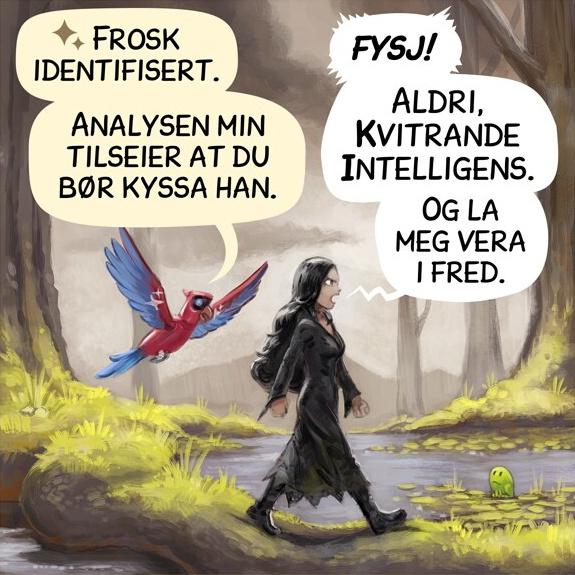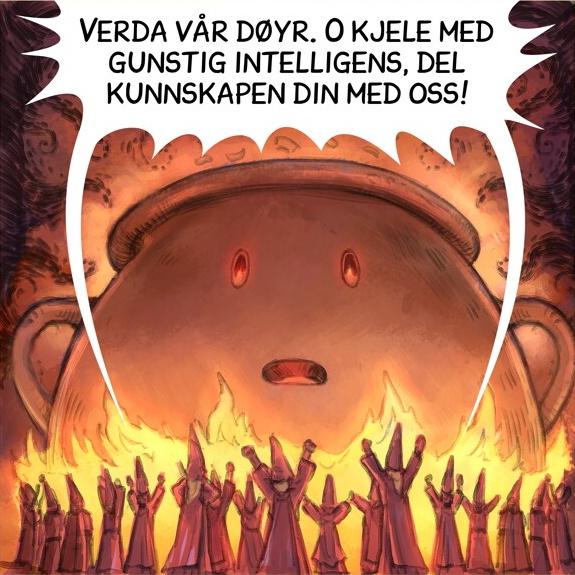@juergen_hubert@mementomori.social
> ...so by the same standards, US companies aren't violating my privacy rights unless they are convicted in an US court?
That's not what I said and I'm sure you know that.
Does US Law and the Constitution apply in Countries other than the US?
I mean, look, I may be guilty of violating the UK's Terrorism Act if I write, "I support Palestine Action and the fundamental rights of all Palestinians. Free Gaza! Free Palestine! From the river to the sea Palestine will be free!"
> The UK government proscribed Palestine Action as a terrorist organization under the Terrorism Act 2000 in July 2025, making it a crime to be a member or express support, punishable by up to 14 years in prison.
But those same words are protected speech by the US Constitution. Since I am a US Citizen, on US soil, I can say whatever the fuck I want about Israel or the UK Government. Fuck Israel and fuck Yvette Cooper and Kier Starmer. Actually, fuck King Charles, too, for marrying Diana when he didn't love her, and treating Harry like shit.
But I'm sure if the UK Government wanted to, they could put out a warrant for my arrest. But I'd have a pretty good chance to quash it because of the First Amendment.
The UK has a different legal and justice system than the US, and has no Freedom of Speech. "Proscription" is blatantly Unconstitutional in the US. It's not in the UK.
So geography definitely matters, and while other Countries have the concept of innocent until proven guilty, no other countries are as absolute in that than the US.
> I am a self-published author.
So am I.
> I have released a very large portion of my work under a #CreativeCommons Zero license. I am generally in favor of the free flow of information.
All of my works are released under CC-BY-SA, even the one's I sell at Amazon. I respect your CC0 decision.
> But I still wouldn't want others to freely share my work in its entirety - that is, including the parts for which I retain #copyright - without my consent.
Have you read the CC0 license? If you don't want others to freely share your works you need to license your works under a different license.
> Even if our legal perspectives differ - do you agree that consent matters?
Not when it comes to works I've created and have made the conscious decision to let others use my work freely, no. Sorry.








